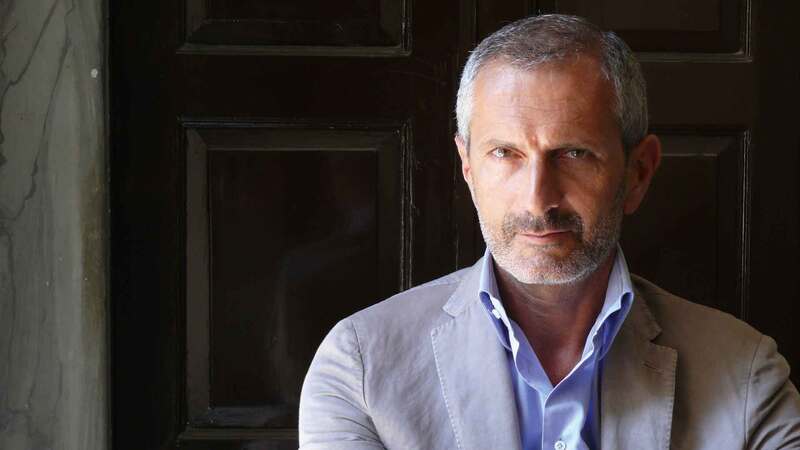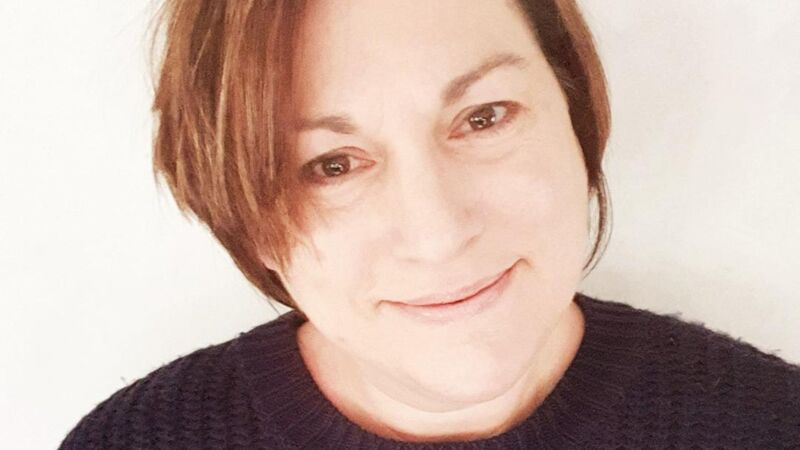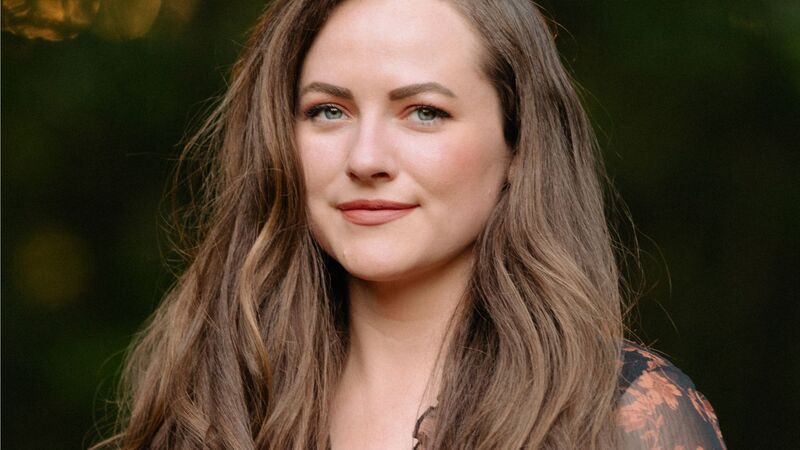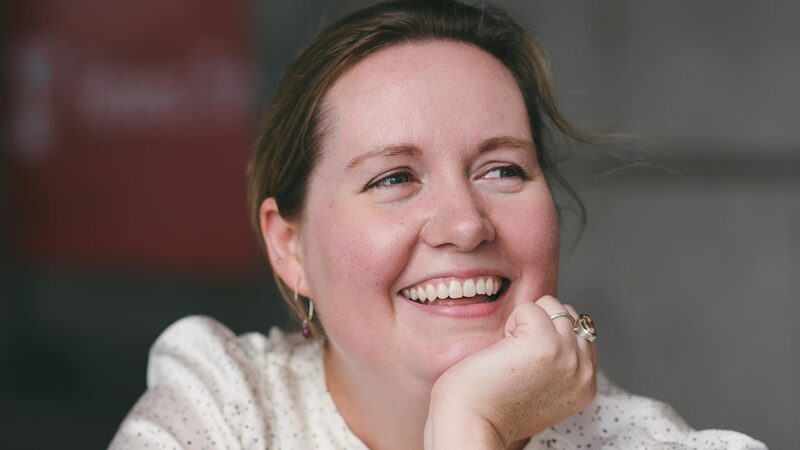You are viewing your 1 free article this month. Login to read more articles.
Chris Cleave on track
When the UK Olympic cycling team take to the tracks in a few weeks’ time in their bid to win Olympic gold, novelist Chris Cleave will be observing their progress with more insight than most.
His latest novel Gold (Sceptre) takes us inside the minds of the elite athletes who must sacrifice so much in their fearsome struggle to vanquish their competition and seize the chance to contend for Olympic glory.
Gold focuses on two women competitors, the leading stars of their generation: gifted cyclist Kate, who balances her cycling career with care for her sick daughter; and ruthless Zoe for whom no relationship, least of all her friendship with Kate, can get in the way of her ambitions. Over a period of years the two strive with and against one another, in a situation where the stakes couldn’t be higher, both in their careers and in their personal lives.
Cleave readily admits that as a writer who grew up stereotypically bookish and unsporty, getting into the head of a professional athlete was a major stretch. But sitting in the study of his South London house amid the cheerful clutter of family life - he has three young children - he explains that it was the very unfamiliarity of the subject that was part of the appeal. Novelists just don’t write about sport very often. “People don’t go there, do they?” he says. “And this is what I’ve always done as a storyteller, I look for where people don’t go and I go there - why wouldn’t you? It’s exciting. I just think, ‘Where would no-one in their right mind go?’ and I go there, because it’s my job not to be in my right mind.”
Cleave threw himself into his researches with a zeal few would care to emulate, taking on two months of high intensity bike training with a 20-hour-a-day regime in an attempt to get inside the athlete’s mind. It was too much; his body buckled under the strain. A couple of times, he says, he found himself on the side of the road, 80 miles from home, in tears at the challenge he had set himself.
It helped him discover first-hand “how utterly soul-destroying” the physical training is. “We see athletes on TV, and they seem to glow, they bounce onto the scene. I now know that it is because they have just spent 10 days resting [ahead of their big race], and not training. Training makes you miserable, it makes you exhausted, you are punishing your body. The physiological thing that is happening is that your body is going ‘What the hell just happened there? Let’s make sure that never happens again, by putting on more muscle and developing more capillaries.’ So you put your body under this extreme stress and it adapts, that’s the principle of training. But your body won’t adapt unless you really hurt it.”
Yet Cleave finds the athlete’s life of absolute dedication fascinating. He thinks the athlete’s mind is “a haunting place”, that they are “some of the most exciting and inspiring people in our civilisation”. It’s not the moment of competition before the eyes of the crowd that gets him going, but the commitment that sees the athletes at work, alone, four years before the Olympics on a rainy Thursday, putting the time in - with the knowledge that only a very few of those who work so hard will ever make it to the great race at all.
“There are lots of jobs that require you to have a balanced life, to spend time down the pub, to know what people are thinking, but sport isn’t one of them,” he muses. “It requires extremity, not being a well-rounded person. A race is won or lost by a ten thousandth of a second. I like the idea that sport has a sort of gearing to it, so if you put 10 days more training in than your opponent, that might make you one hundredth of a second quicker. If you look at the really elite athletes, they really don’t do anything else and I became fascinated by that as a novelist. If they were a priest or priestess, a holy person, you would think of them as having this life of extraordinary dedication and beauty.”
The reality of the life of someone like Paula Radcliffe, at the peak of their training, is a day of maybe eight hours training and 16 hours sleeping or dozing or eating. “It’s very pure and it’s very beautiful,” Cleave says.What fascinates him as a novelist are questions like, how much did the athlete sacrifice to be standing at the starting line, who loves them and who do they love, and what are they going to do when their career is over.
“Questions a novelist would ask rather than a sports commentator. Because there is that level to sport - it’s not a domain we can wholly hand over to the pundits,” Cleave says.
Cleave likes to place his characters in extreme situations, whether facing a terrorist attack on London, as in his debut Incendiary (published by an extraordinary twist of fate on the day of the 7/7 bombings), or in the follow-up The Other Hand, in which tourists on an African beach faced a hideous choice over the life and death of two children. “I am interested in putting my characters in places where they have to make choices, and I don’t think people do that until they are forced to,” Cleave says. “You put these people in a crucible and they are forced to become the new thing they are going to be - it’s the heat and the pressure that makes them new,” says Cleave.
He adds: “I’m an early middle-aged man who lives in the suburbs; I don’t want to write about the minutiae of my regrets and my hopes, I’d
rather take two barrels to the head.”
It is four years now since The Other Hand came out. During those years Cleave produced no less than five other novels which he delivered to his editors in full confidence that they were, if not the very final version, certainly strong drafts for his next book. His editors were less convinced, suggesting various revisions that needed to be made in each case.
Such a step is not unusual in the progress of a novel, but Cleave’s reaction was to tear each novel up “in a rage” rather than make the necessary adjustments. “It’s this complicated thing, I hate being told what to do but also I really respected the people telling me,” he says. “They are still my editors. I like them, they were right. But once something isn’t really working, I don’t feel I can revise it. I have to absolutely on fire with it from page one to page 400. I’m not in the business of designing a novel by committee and making it safe.
"I want it to be extreme.”
Gold by Chris Cleave is published by Sceptre.















